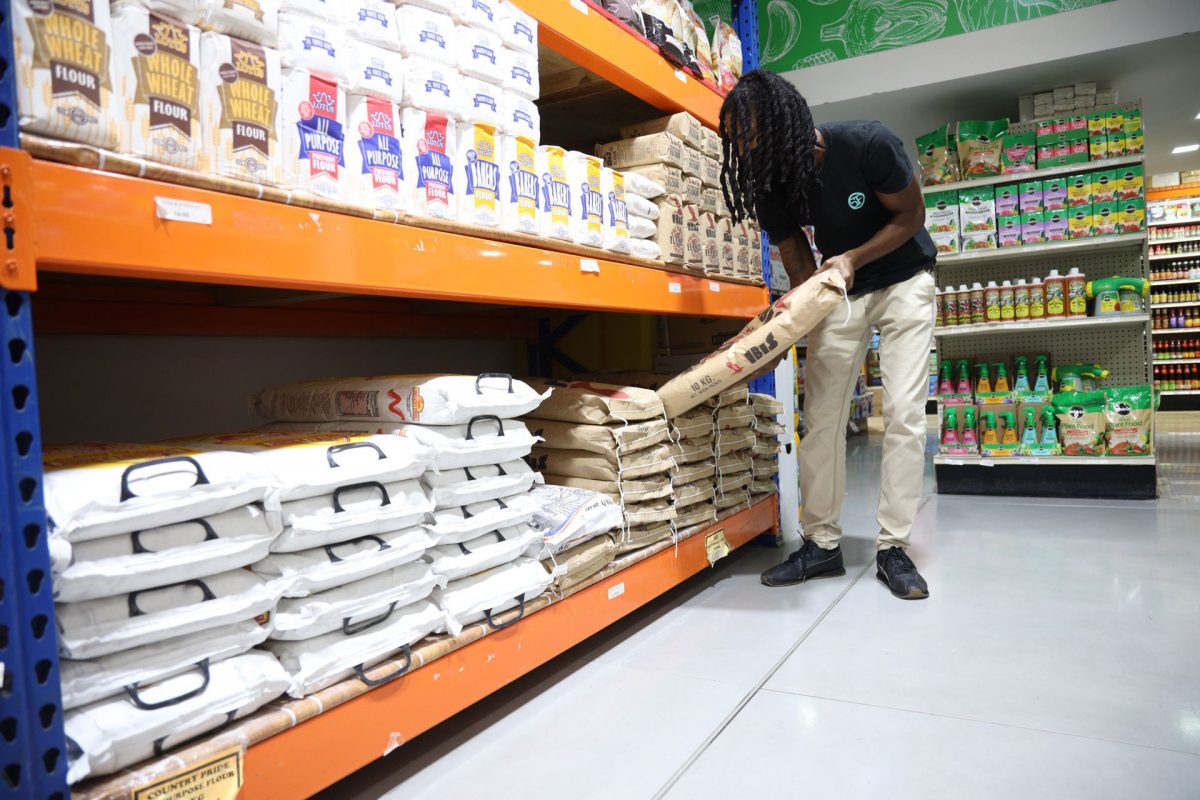Four decades ago, in the wake of the drying up of wheaten flour imports into Guyana, a function of our foreign exchange travails and amidst a surfeit of political uproar and public grumbling, a government-invoked ‘buy local’ mantra spawned an outbreak of ‘inventiveness’ that spawned a new cooking culture that gave rise to the pursuits of a new culinary culture resulting in the emergence of a host of substitute ‘flours,’ two of the best-known of which were breadfruit ‘flour’ and rice ‘flour.’ Not only were these alternatives far from popular, they also lacked the sheer versatility required to manufacture the bewildering array of substantive foods and snacks which local consumers created from wheaten flour.
That notwithstanding, they were a response to the ‘make do’ mindset that had gradually – and frankly, only to a limited extent – the emerged as part of the ‘coming to terms’ with the reality that flour, at least for a period of time, was a ‘lost cause.’
Fast forward all those decades…….. the shoe would now appear to be on the foot of our sister CARICOM country, Trinidad and Tobago, where the country’s National Flour Mill announced recently that an increase, apparently a significant one, in the price of wheaten flour, is imminent.
Panic stations? Frankly, it does not seem, at least at this point in time, that our CARICOM partners are even close to approaching the level of emotional perdition to which we in Guyana had been reduced all those decades ago. Like Guyanese, however, the Trinis swear by their wheaten flour……..after all where would they be without their Doubles and their Roti……so that the news that flour prices will go up once the present stocks on supermarket shelves are exhausted appears not to have ‘gone down well’ with Trinis.
Trinidadians, it seems, according to the Daily Express of Thursday January 4, are placing the blame for the flour situation largely at the feet of the authorities. “Customers,,” an article in the Express says, “blame the lack of price control, a huge food import bill (the Stabroek Business has been belaboring the issue of the regional food import bill for some time now) and the inability to properly deal with Covid-19 as three major reasons for the imminent increase in flour prices.”
An additional “prevailing (public) sentiment,” the Express says, is that “poorer people would be further affected by the imminent rising costs.”
Discourses on the subject of price increases for flour in T&T have reportedly been entering the realm of wider cost of living chatter on issues that include the effect that the flour issue is having on ‘making ends meet,’ particularly among ordinary Trinis.
Guyanese who endured and survived the economic ravages of the eighties will well remember the drama that frequently attended our own flour crisis, not least the back-breaking ‘black market’ regime that derived out of what, frequently, was the protracted and complete disappearance of the commodity, the clandestine smuggling spinoff that arose, the ham-fisted law enforcement that were put in place to push back the black market regime from which opportunistic ‘merchants’ made proverbial ‘killings.’
Older Guyanese still recall the role that the absence of wheaten flour played, ‘back then,’ in the creation of a whole new culinary culture that derived from the forced ‘import substitution’ REGIMEN, not least the fact that it resulted in Guyana becoming the Caribbean-wide butt of jokes on the subject of ‘creative cooking.’








